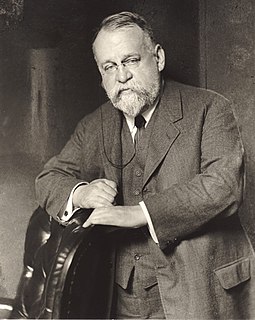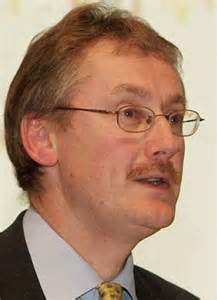A Quote by Vinod Khosla
The U.S. has fallen well behind Europe in recognizing climate change and the implications of climate change.
Quote Topics
Related Quotes
Despite the international scientific community's consensus on climate change, a small number of critics continue to deny that climate change exists or that humans are causing it. Widely known as climate change "skeptics" or "deniers," these individuals are generally not climate scientists and do not debate the science with the climate scientists.
...the world needs to face up to the challenge of climate change, and to do so now. It is clear that climate change poses an urgent challenge, not only a challenge that threatens the environment but also international peace and security, prosperity and development. And as the Stern report showed, the economic effects of climate change on this scale cannot be ignored, but the costs can be limited if we act early
Now it is the least developed world who are not responsible for this climate change phenomenon that bore the brunt of climate change consequences so it is morally and politically correct that the developed world who made this climate change be responsible by providing financial support and technological support to these people.
It's very hard to track down what's real and what's not real. We haven't absorbed what climate change is doing. Because whether people associate it or not, fear of immigration is completely related to climate change, because the mass migrations that are happening, the war in Syria, all of these structural human migrations are related to climate change.
When I was energy and climate change secretary I sat around a cabinet table with Gove, and he couldn't help playing to the Tory climate-sceptic audience. As education secretary, he tried to ban climate change from the geography curriculum. After an angry exchange of letters with me, he eventually backed down.
There's real economic costs to climate change - So, Superstorm Sandy led to billions of dollars in damages. The fires out in the west, 70 million dollars a day are being spent in fighting fires that have clearly been exacerbated by drought and climate change. So, people have pointed out the true dollars and cents cost of inaction on climate change.
Climate scientists think of nothing but climate and then express their concerns in terms of constructs such as global mean surface temperature. But we live in a world in which all sorts of change is happening all the time, and the only way to understand what climate change will bring is to tell stories about how it manifests in people's lives.



































